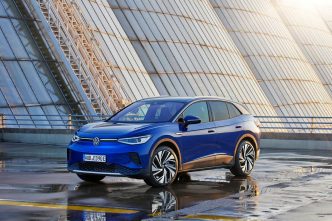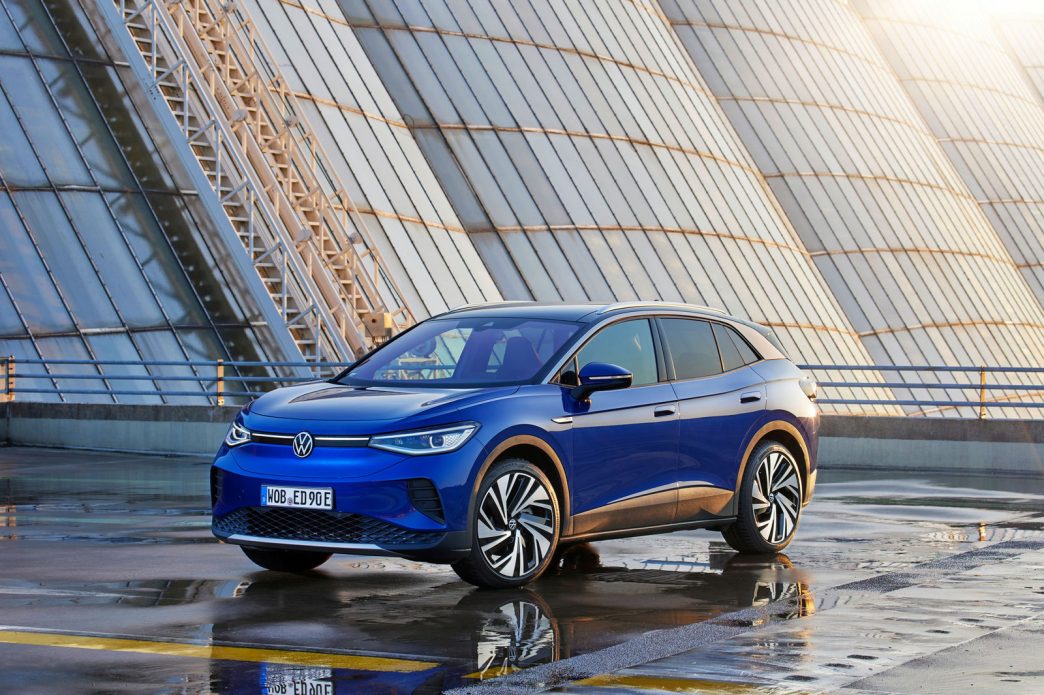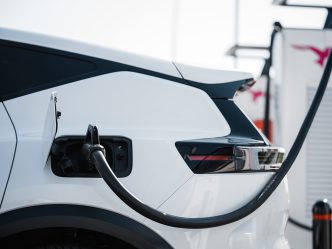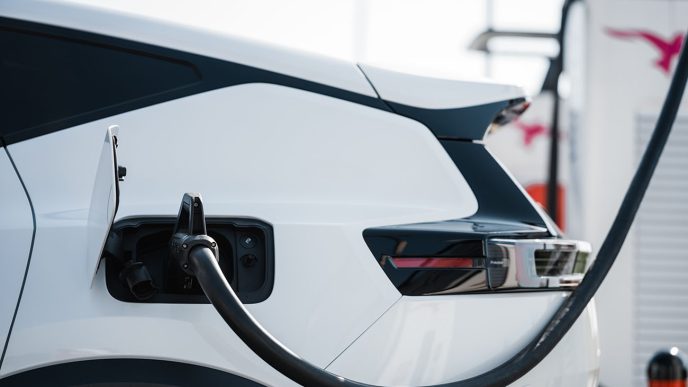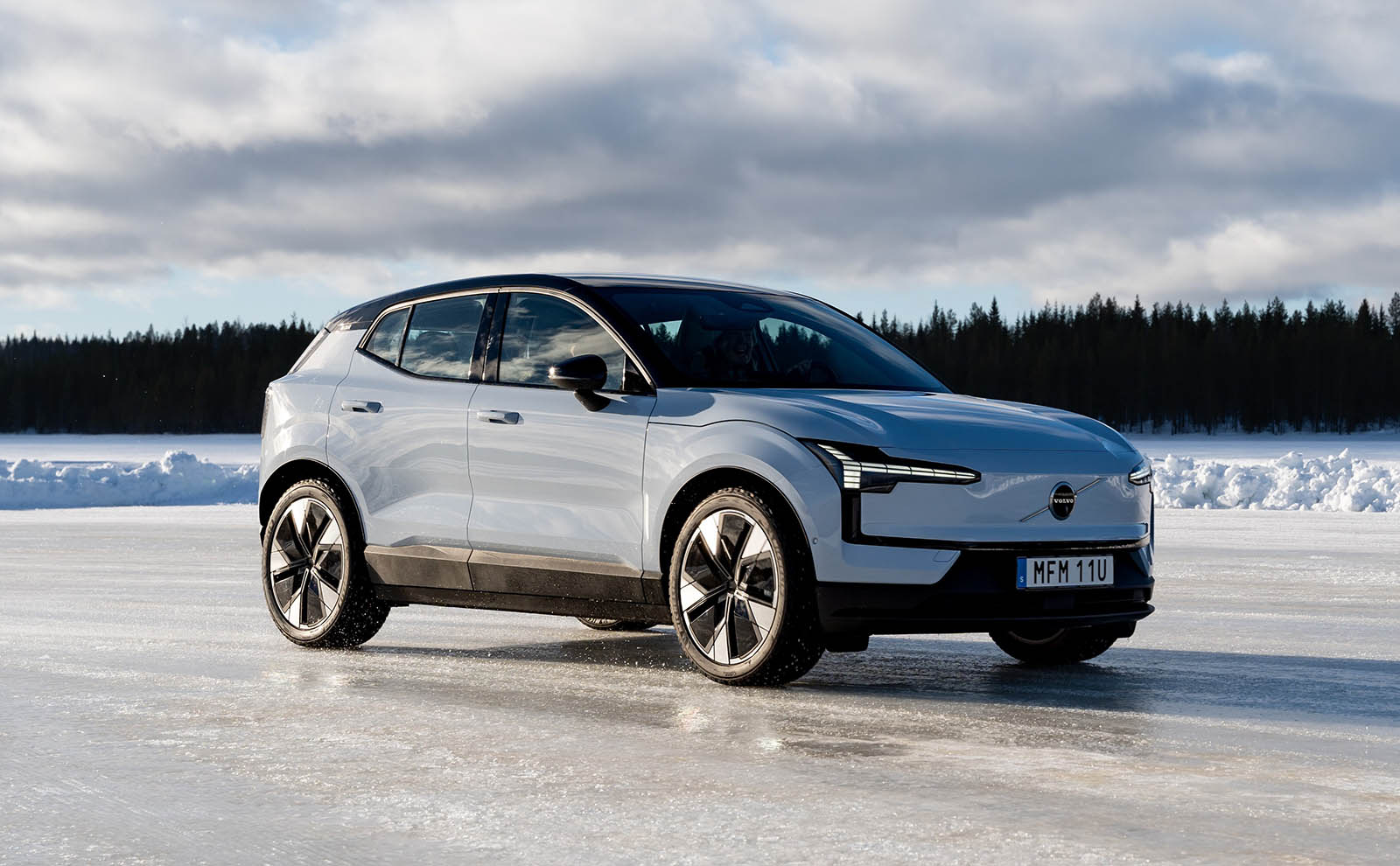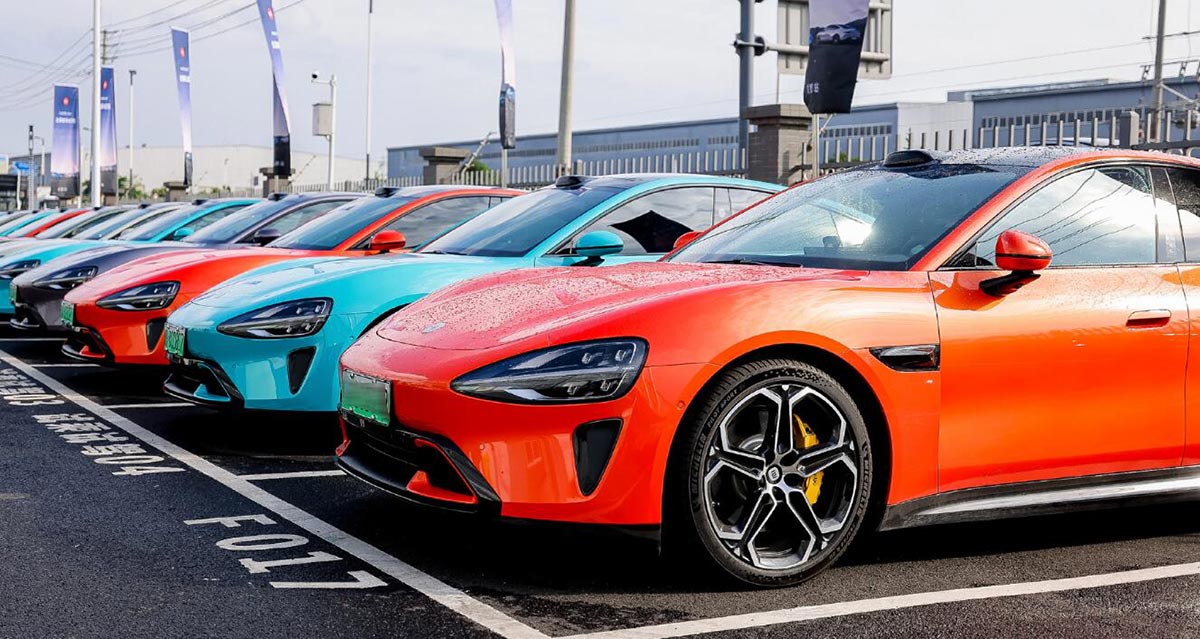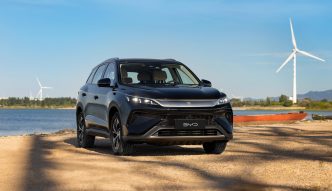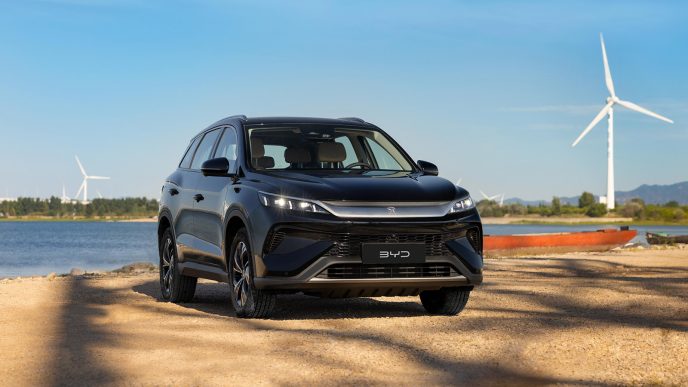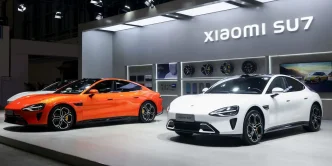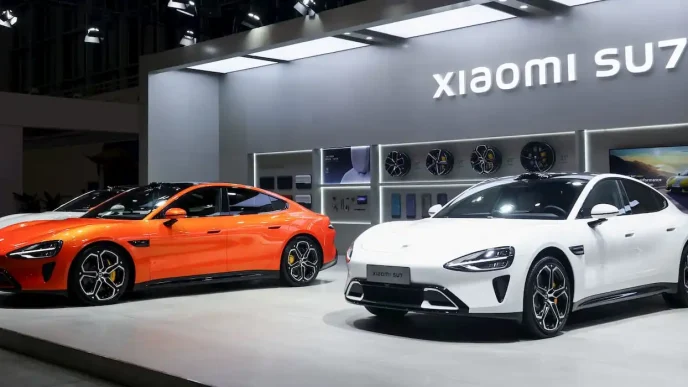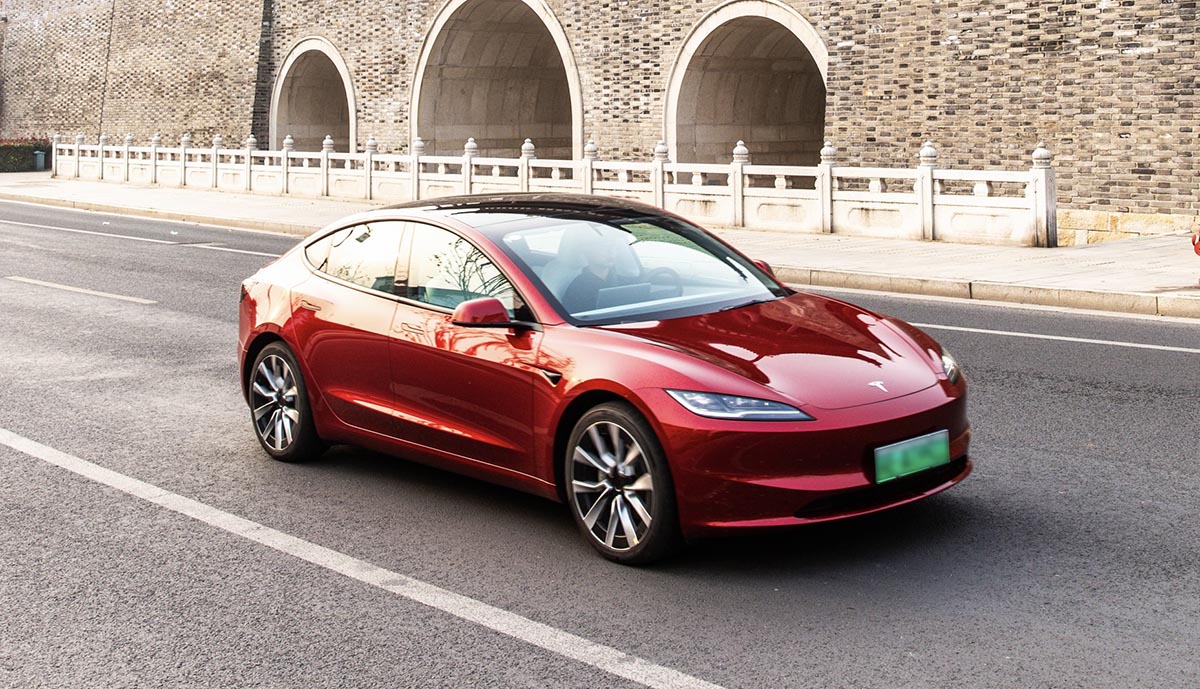Germany’s automotive sector is navigating a period of turbulence, as strikes, internal tensions within major companies like Volkswagen, and cost-cutting measures at Mercedes, Ford, and BMW weigh on the industry. While the overall vehicle market showed resilience in November with 244,544 passenger car sales—just a 0.5% dip compared to the previous year—the real struggle is unfolding in the electric vehicle (EV) market, which is facing a significant downturn.
According to the latest data from Germany’s Federal Motor Transport Authority (KBA), EV sales fell by 22% year-over-year in November, with only 35,167 new electric vehicles registered, representing 14.4% of total new car registrations. Despite still holding a reasonable share of the market, EVs are falling short of the ambitious targets set in previous years, with the end of government subsidies for electric vehicles at the close of 2023 cited as a major factor. Transport Minister Volker Wissing’s stance that the market should be able to function without public aid seems premature, as the industry is struggling to adapt. The outcome of similar subsidy cuts in France and Spain, expected by 2025, could mirror Germany’s experience.
While EV sales are waning, hybrid vehicles are thriving in Germany. November saw a 20.3% year-over-year increase in hybrid vehicle registrations, with a total of 94,554 hybrids sold. Plug-in hybrids, in particular, posted a 13.7% increase. Hybrids now account for nearly 39% of all new car registrations, reflecting continued consumer demand for environmentally friendly options, though with a preference for vehicles that still rely on internal combustion engines.
The struggles of EV manufacturers are notable, with Tesla experiencing a 55.1% drop in sales in November, selling just 2,103 units in Germany, and a 43.6% decline year-to-date. Polestar, another EV-only manufacturer, also reported a significant decline in sales. On the other hand, traditional automakers like Toyota saw impressive growth, with sales increasing by 104.5% in November, while brands like Peugeot, Citroen, and Skoda also posted strong results. Meanwhile, Fiat, Kia, Mazda, Hyundai, and Renault all saw negative growth in new registrations.
Germany’s automotive market is thus marked by contrasts, with steady overall sales but a notable shift away from pure electric vehicles, which are being undermined by the withdrawal of government incentives. While hybrids are experiencing a resurgence, the future of electric mobility in Germany remains uncertain, especially as the 2035 EU ban on internal combustion engine vehicles looms large. As the automotive industry grapples with these challenges, it’s clear that the transition to a fully electrified market may not be as seamless as anticipated.

